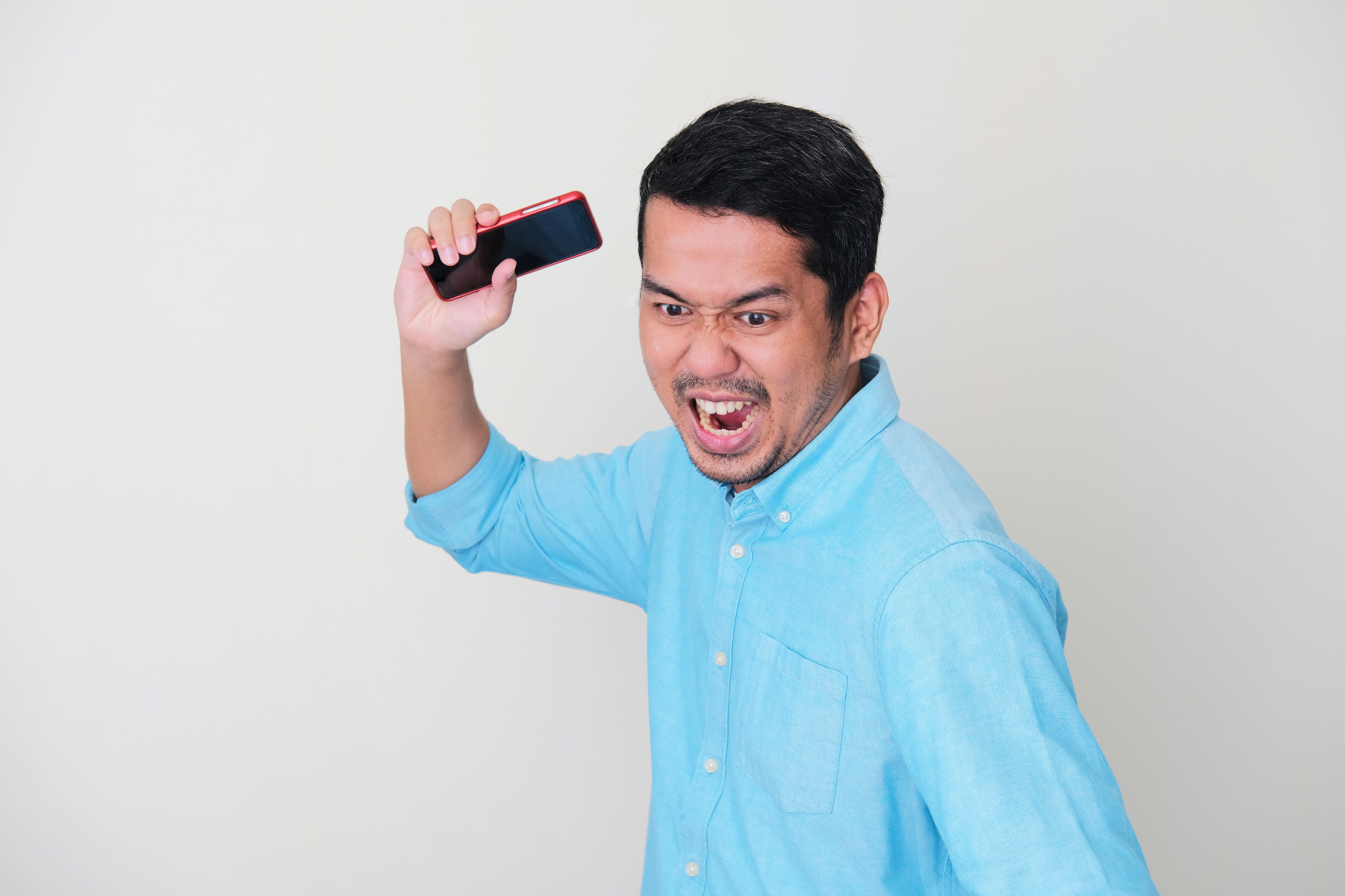Orange peel theory. The guy punching a puzzle. Horrendous wedding vows. If your TikTok FYP is anything like mine, then it’s a total smorgasbord of people sharing their bad relationships. It can take different forms: people "testing" their partners, videos of people behaving in toxic ways, "tips" you need to follow to avoid such toxic people, and "therapists" reacting to it all. Truly, a solid third of my FYP is this stuff. Hours of entertainment, right?
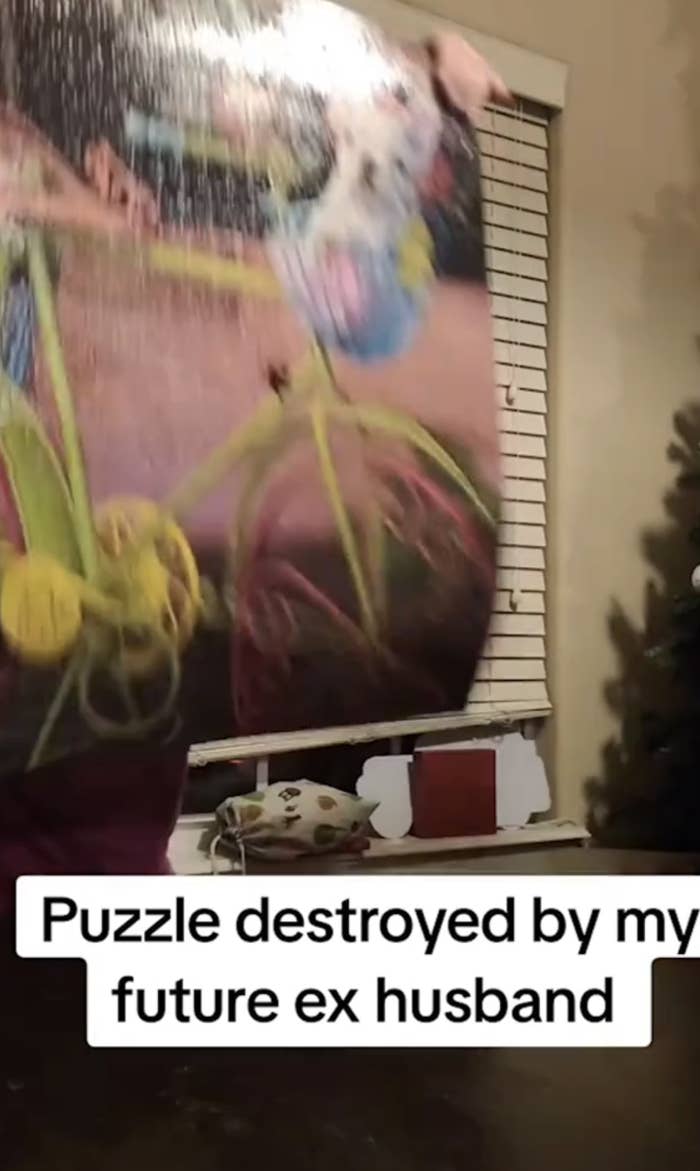
The trouble is, I have OCD — and one of the way it manifests is relationship OCD (ROCD). ROCD is a subtype of OCD that focuses on relationships, which I didn’t even realize I had until I was dating my now-fiancé wondering why an ugly fleece he wore led me to spiral into thinking we’d break up. Basically, everyone has fears around their relationship: What if they’re not right for me? What if I don’t really love them? What if…? But the OCD brain takes this uncertainty to a level that is intolerable and totally consuming.
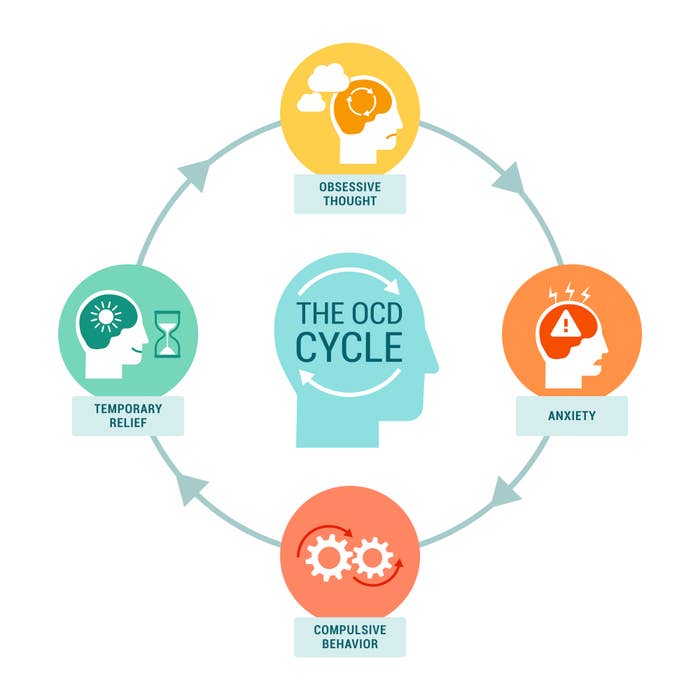
I don’t know if TikTok knows I have ROCD or if it’s simply guessed that content about turbulent relationships will hold my attention — i.e. the aim of every social media app. I now notice that the kinds of discussions I see in such videos would exacerbate my worst thinking.
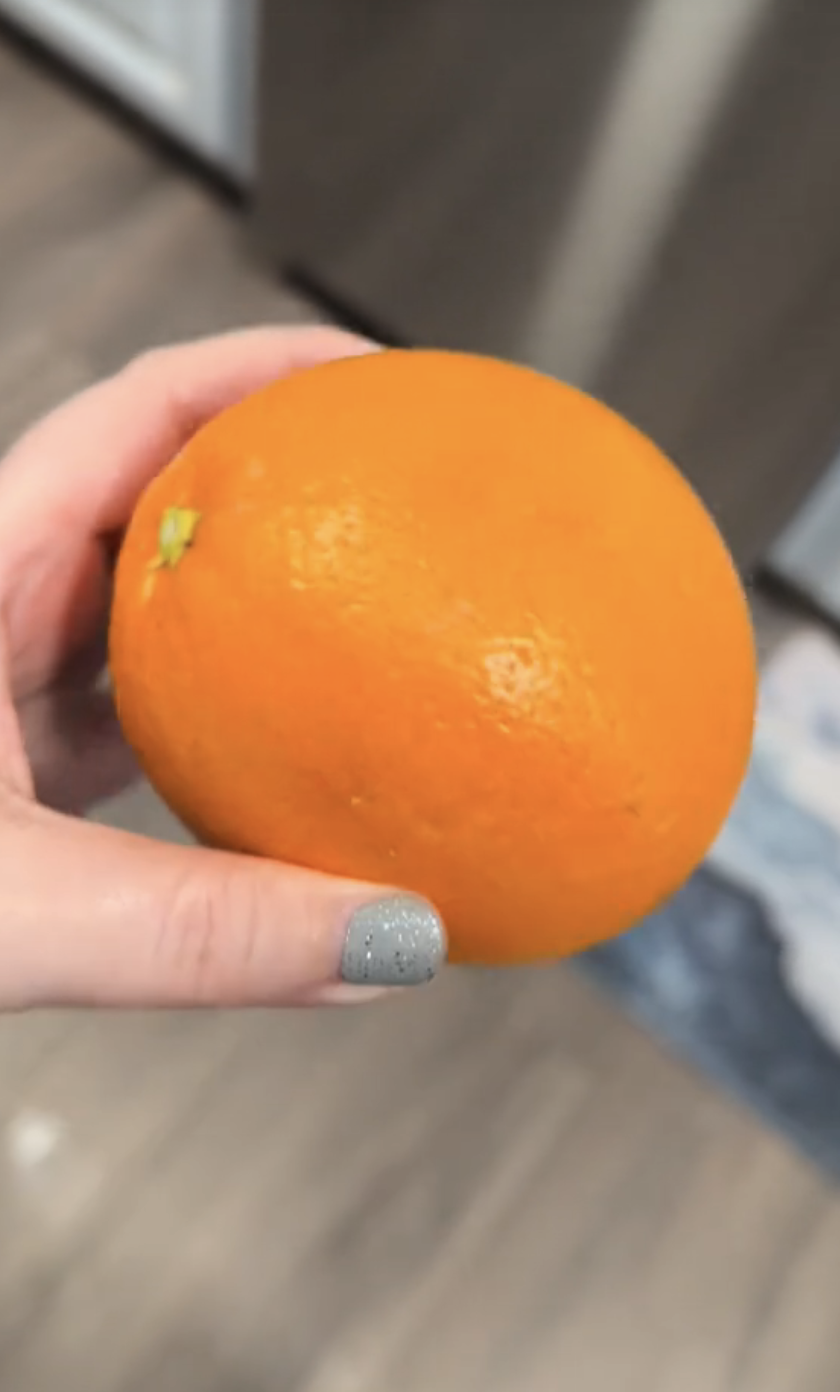
I spoke to Emma, who’s a 24-year-old from the Chicago area who predominantly makes videos about crochet and knitting. When I asked her why she made the video, she replied, “I was scrolling. I don't feel a lot of relationship anxiety personally, I'm in a stable relationship. I'm very happy. [But] I got maybe like 20 videos in a row. Husband left! Boyfriend left! Boyfriend died! Girlfriend stole their money! Boyfriend got shot while they were gone! I suddenly just felt this panic come up, because I do struggle with anxiety.”
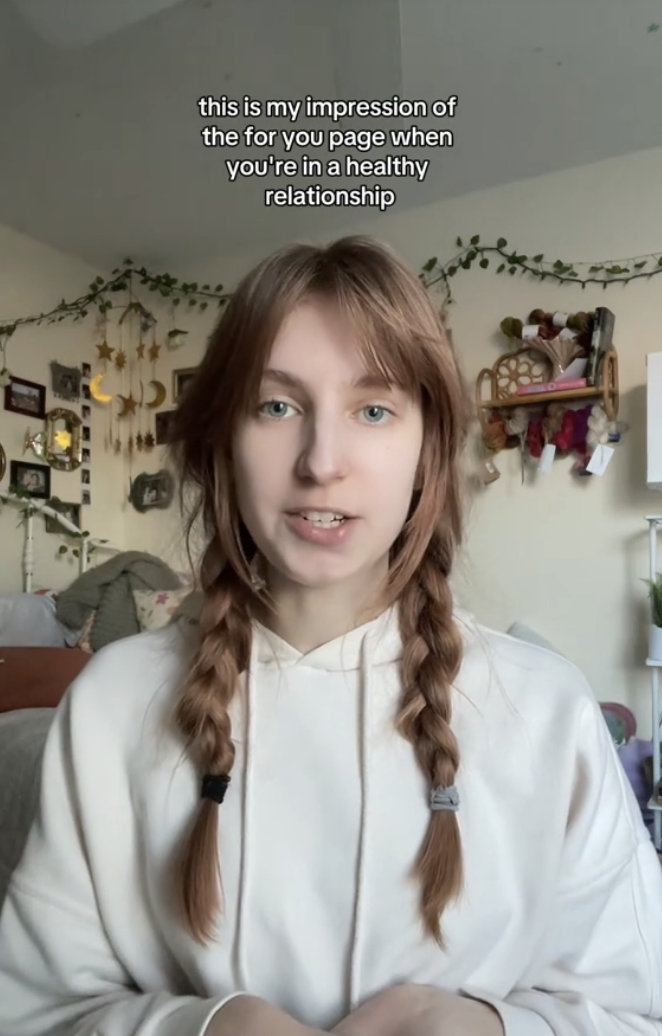
“I needed an outlet to talk about all these videos that I just saw, that other people might relate to as well. Because I know people in my life have also said that they get these videos over and over again, almost trying to make you feel anxious,” Emma continued. “A lot of people related more than I thought they would.”
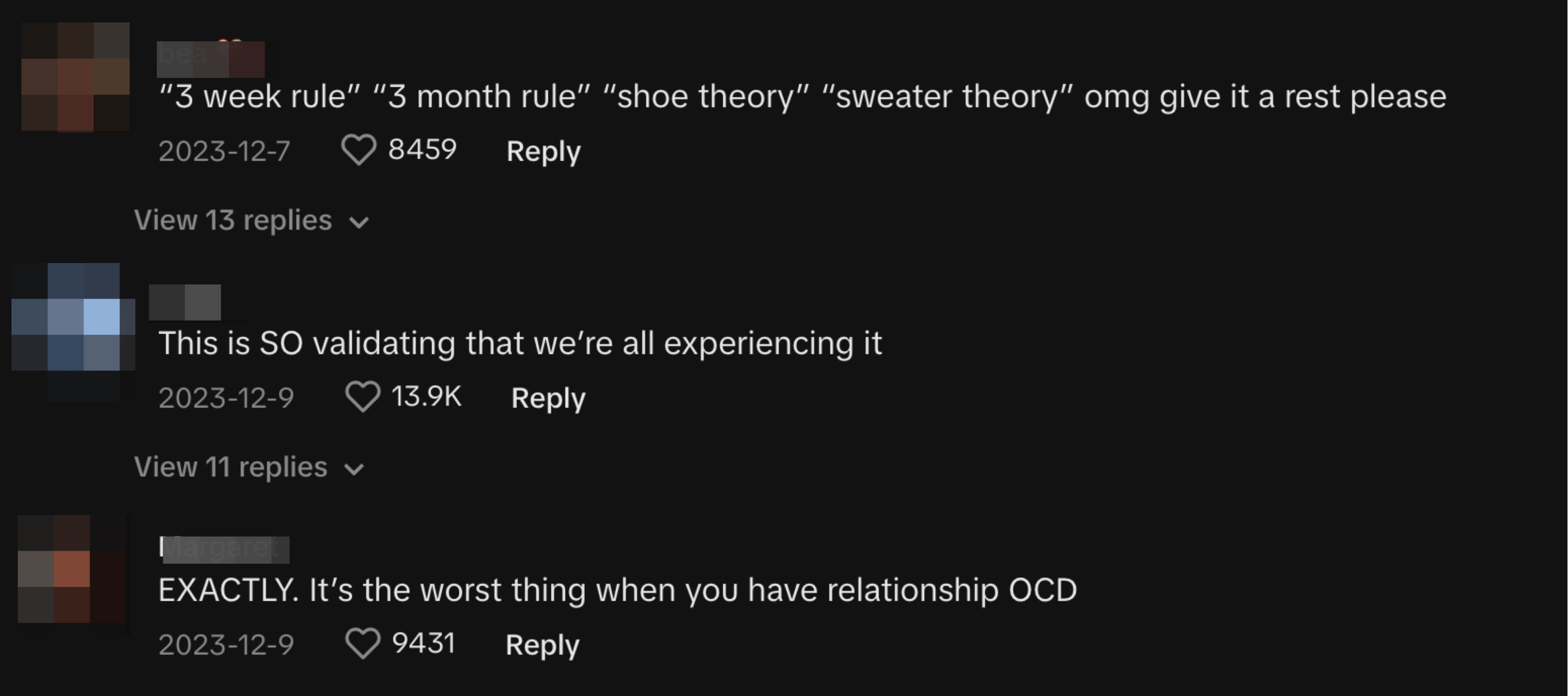
“It's like TikTok sometimes tends to steer a very specific anxiety-inducing culture for each person to make them feel worse, but that makes them keep scrolling as well. So you just get deeper and deeper and deeper into this anxiety torture realm,” she noted. Part of her realization on this came from comparing her own feed to her boyfriend’s, who mainly gets videos about “soccer, cute dog, funny thing, podcast — and then mine is like, my husband left, my boyfriend died, my mom killed me.”
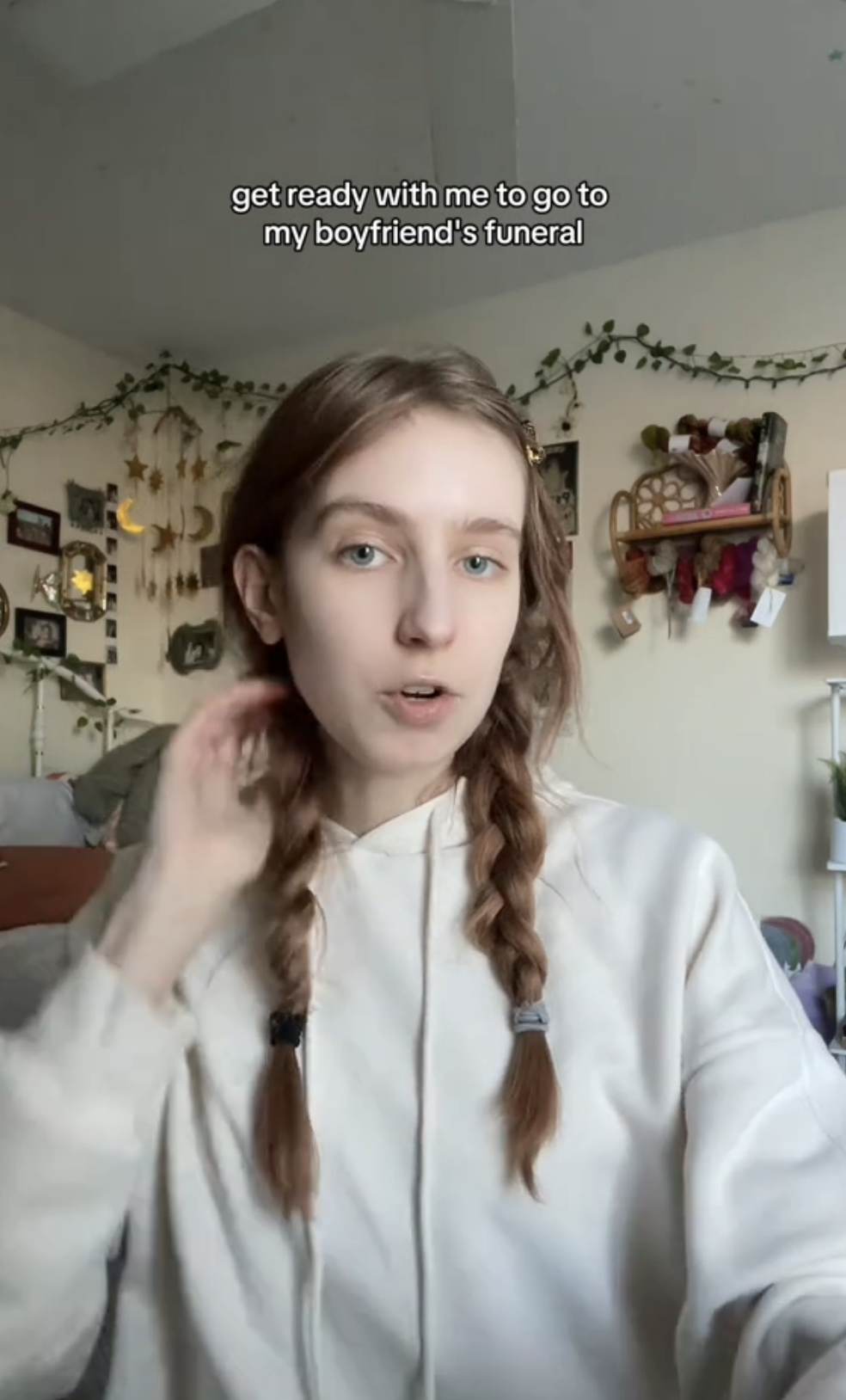
Now, Emma tends to scroll past videos that she thinks fall into this category. “I think a lot of people will see a creator post something like, if he doesn't share you, every single day, he doesn't love you. That's not true. That’s somebody doing engagement bait.. I think it's really important to learn how to differentiate engagement bait and people trying to make you anxious, so they’ll get likes and follows, from people who are genuinely trying to give real relationship advice,” she added.
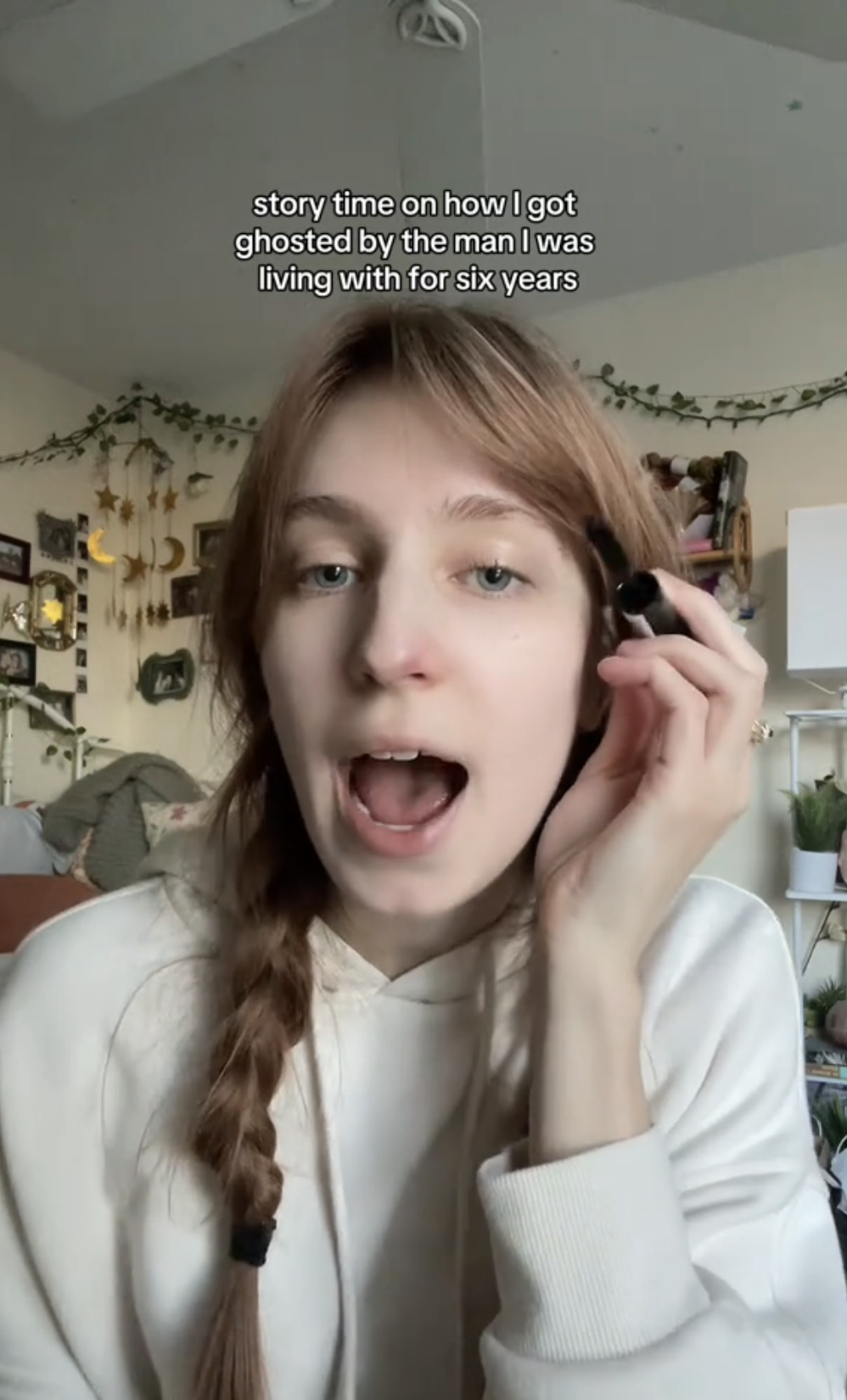
Indeed, It’s been interesting to see people rally together with similar ideas to me and Emma. I was recently served a TikTok that began, “If you’re in a relationship, I’m going to tell you something that’s gonna save you a lot of time. I wish I would have known this.” The user proceeded to say that she used to “question” her previous relationships, but now she intuitively “knows.” One of the top comments reads, “Ppl with relationship anxiety, no this is not fate that you’re seeing this vid. This doesn’t apply to you, everything is okay.”

To explore the topic further, I spoke with Matt Lundquist, a psychotherapist and founder and clinical director of Tribeca Therapy. He noted that the nature of the FYP makes the way random content is served to people especially noteworthy, adding, “Sometimes as therapists, you're encouraging people to put certain kinds of content away. But often, that tends to be the kind of content that is really quite popular.”
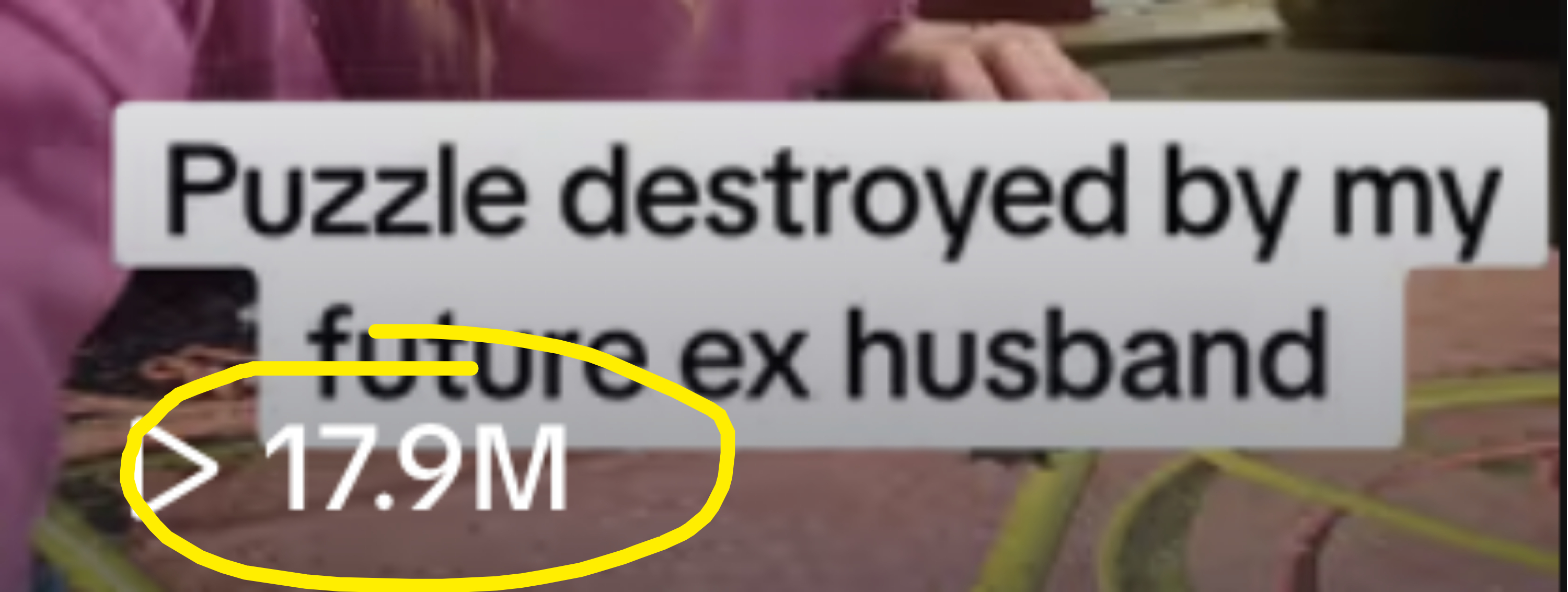
Matt had seen a shift from the Facebook era, where people’s lives were perceived to be perfect, to the prevalent negativity now abound on social media: “If you didn't know better, you would think that everybody was dating, married to or raising children with an ex who was a serial killer.”
In terms of the content offered by therapists or “therapy-adjacent” users, Matt said, “It's very organized around pathology, much more so than actually offering helpful guidance to people in how to reconceptualize how they're living their lives, or God forbid, take more responsibility for how they're living their lives.”
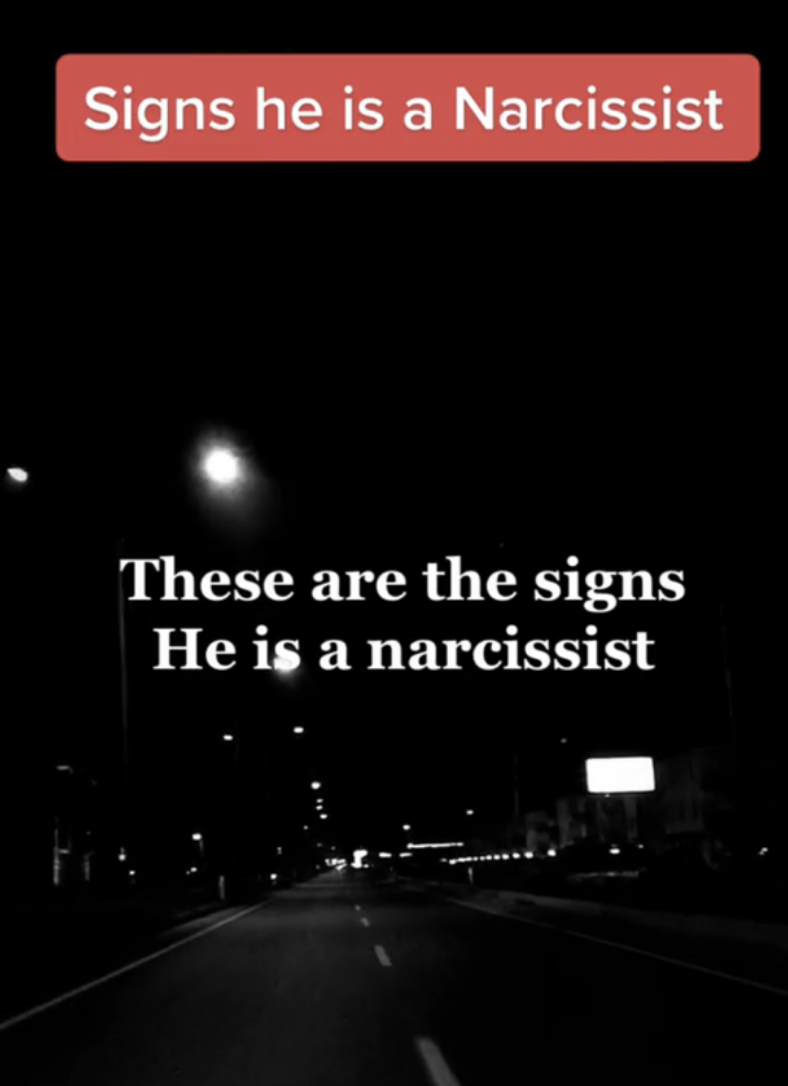
When I asked him whether there was any value in seeing videos of people displaying bad behavior on TikTok, he replied, “I think it’s remarkably unhelpful. I think it's funny because the presumption of it is, I'm going to warn you about these types of individuals that can be quite seductive and tricky. It casts the subject, the person who's being warned, as this completely hapless and unwitting individual who, at any moment, is going to have some dangerous person pounced upon them — rather than asking the critical question."
"The only responsible question to ask as a therapist, when somebody comes in and they're recently out of a bad relationship, or they've had a string of bad relationships, the relevant question is, What is it about these individuals that was compelling to you? How did you find yourself in these relationships?” he continued.
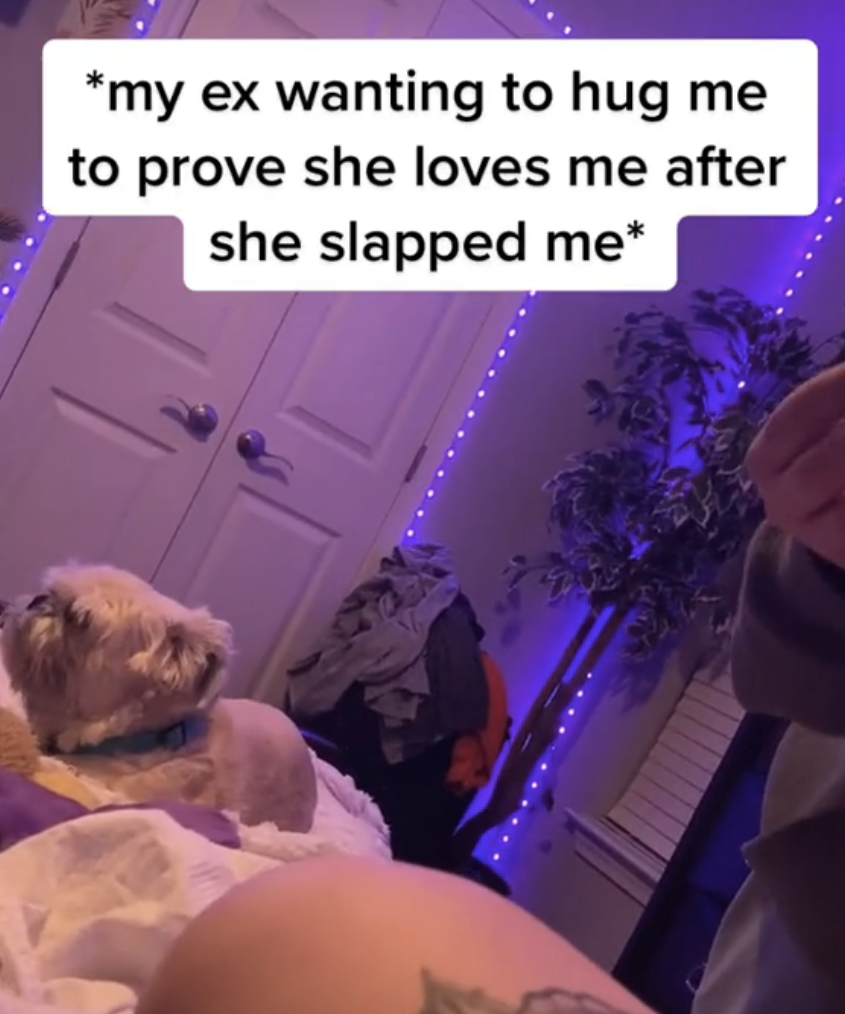
Put bluntly, the problem usually isn’t that people in toxic relationships simply don’t know that their partner’s behavior is bad. He explained, “When you actually look at the reality of those relationships, the problems in them were not subtle. The problem wasn't that somebody didn't do a successful job of identifying this person, the problem was that they found themselves with this person and elected to nonetheless engage with that person.”
“This is why the kind of conversation that we're now having is not a conversation that can happen on social media, because it trades on a kind of nuance. The danger is, if you say something like this in too casual a way, it can end up sounding like victim blaming. Obviously, that's not what we're trying to do,” Matt said.
“Relating to an individual who has been mistreated by somebody, as somebody who nonetheless isn't was a choice maker — part of the work of recovery, learning from those experiences, and not making the same mistakes, is to reflect upon your own choices and not merely the choices of someone else. That's not that's not something that the media of social media is well attuned to.”
Now, Matt isn’t my therapist, but he suggested that for folks like me, periods of abstinence from TikTok were the only way forward. “Behaviors that rely on finding oneself being obsessive or compulsive — social media can be sort of catnip for those kinds of struggles, because of the ways that these apps are designed to make you obsess over them,” he explained.
